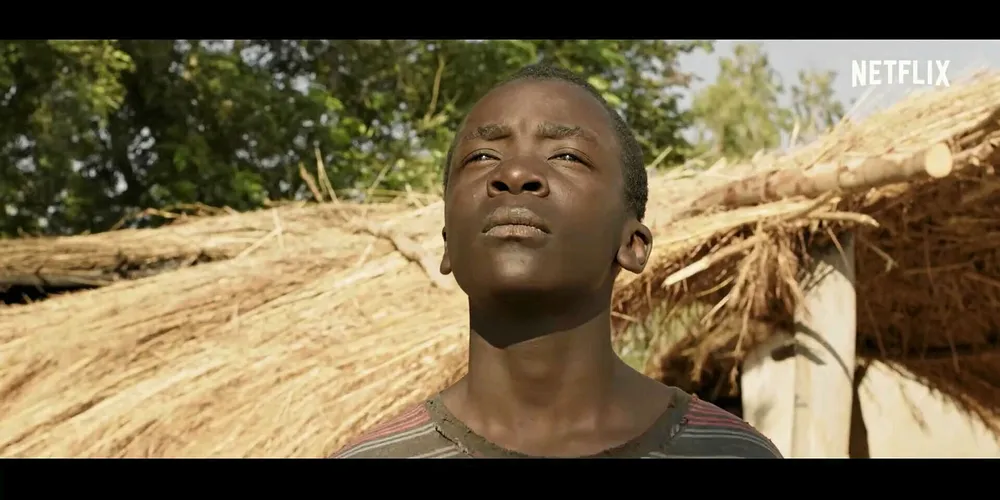Wind energy saves the day in powerful new Netflix movie
In his directorial debut, 12 Years a Slave star Chiwetel Ejiofor tells the true story of William Kamkwamba, the Malawian schoolboy who built his own turbine

In his directorial debut, 12 Years a Slave star Chiwetel Ejiofor tells the true story of William Kamkwamba, the Malawian schoolboy who built his own turbine
